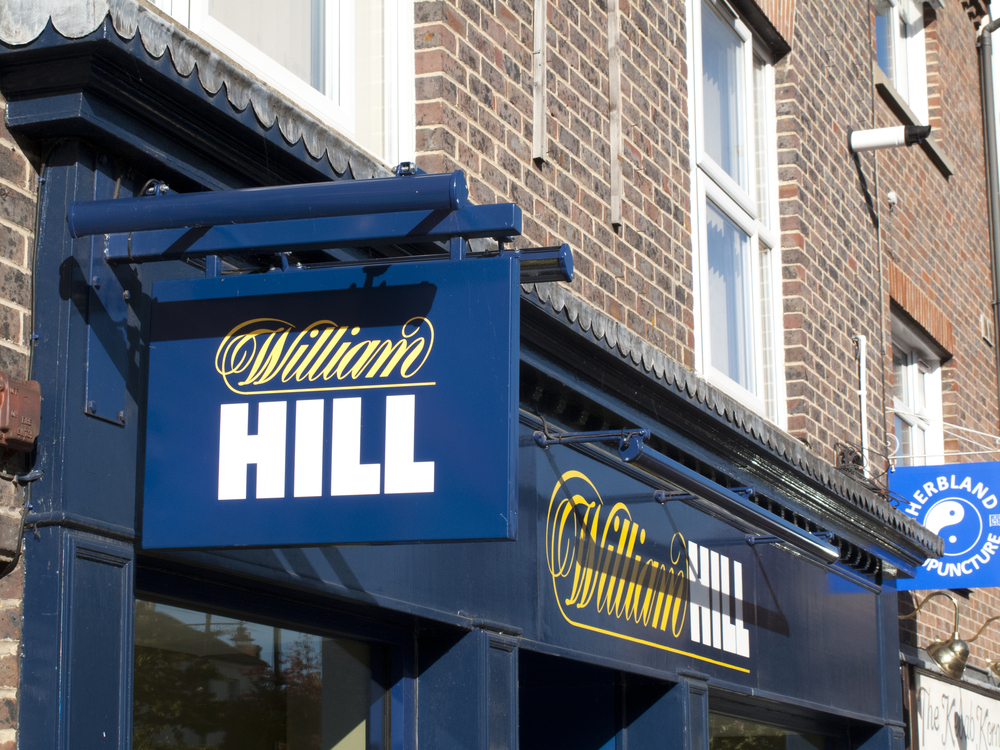At the start of the month, William Hill announced an intention to close in the region of 700 betting shops, with an estimated 4,500 jobs at risk of redundancy. This was a response to the government reducing the maximum stake on fixed-odds betting terminals (FOBTs) from £100 to £2.
FOBTs have been a key revenue source for retail book makers in recent years, with GVC Holdings, which is the parent company of Ladbrokes Coral, announcing in March that it could close up to 1000 betting shops. This number has recently been revised down to 900. Betfred also indicated that a large number of their stores were at risk of closure. GVC’s 2018 review anticipated that the maximum stake change could result in earnings being reduced by £135m in 2019, reducing to £120m within two years. William Hill’s 2018 accounts indicated that group operating profit was down by 15%, with the retail arm taking an £882.8 million hit in anticipation of the changes for FOTBs.
The end of high street betting?
With that in mind, one might start to question the viability of high street betting shops – particularly given that Scottish independent bookmakers Scotbet went into receivership on 18 July: whilst a pre-pack sale saved 30 stores and 127 jobs, 11 stores closed with the loss of 27 jobs. The changes to FOBTs were identified as “the straw which broke the camel’s back”, in addition to increased competition and the usual difficulties and increased costs facing the retail sector more generally – including the move to online betting.
This all begs the question of whether other bookmakers might be eyeing up an insolvency process as well – particularly given the recent spate of retail administrations and company voluntary arrangements. Whether an insolvency process is appropriate for other bookmakers will naturally depend upon the individual circumstances of each company, but this seems unlikely for the big bookmakers.
For all that William Hill anticipates large hits to its retail division, it has clearly been planning ahead, with the 2018 report and accounts revealing that the retail division now has, on average, only a three-year period to the end of lease terms, or the ability to exercise break clauses. With careful management of the real estate portfolio and advance planning like this, one would imagine they are well-placed to make the necessary store closures swiftly and efficiently, with minimum scope for challenge.
William Hill, and GVC, also have a large and growing presence online and in other jurisdictions, which can only help to shore up their UK retail divisions whilst they deal with the fallout from the down trend in UK retail generally, and the more sector specific effect of the changes to FOBT maximum stakes. While independent bookmakers may see a fall in revenue as a result of competition from the rise of online betting, William Hill and GVC are less able to blame the Amazon effect, given that they have invested heavily and successfully in online business themselves. To a degree, the decline in their real estate portfolio may therefore have occurred in any event, notwithstanding the FOBT effect. There is no denying, however, that the FOBT legislative changes will affect the bottom line – these betting terminals were profitable for bookmakers because they managed to achieve what other retailers struggle with: a reduction in overheads – principally staffing numbers – whilst increasing income.
Smaller bookmakers may therefore adopt a similar approach to William Hill in negotiations with landlords – and when seeking concessions on lower rents, favourable break clauses and shorter lease terms, they can point to the pre-pack of Scotbet, the press releases about store closures from the larger bookmakers and the legislative changes in relation to FOTBs. Whether landlords already affected by the general retail downturn will be minded to agree, is a different matter.
Not as bad as feared
Indeed, the effect of the reduction to FOBT maximum stakes may not be quite as bad as anticipated, at least for the larger bookmakers, with William Hill’s recent announcement of potential store closures being 22% lower than the estimate originally set out in the company’s 2018 return. Similarly, while GVC’s half year update reports that UK retail is down 19% driven by the cut to maximum FOTB stakes, it indicates that trends were better than initial guidance had suggested and store closures should be lower than originally feared.
This is clearly cold comfort to Scotbet and its employees, but may offer some small hope to other stakeholders – particularly landlords – that the number and effect of store closures might not be as deep as feared. Nevertheless, Landlords of betting shops would be well advised to keep on top of the usual good practice for estate management, stepping up credit control, ensuring that rent and deposits are paid up to date, repairing covenants complied with and, if the worst happens and a store is closed via an insolvency process, checking the deeds to see if there is anyone else who can be pursued.
